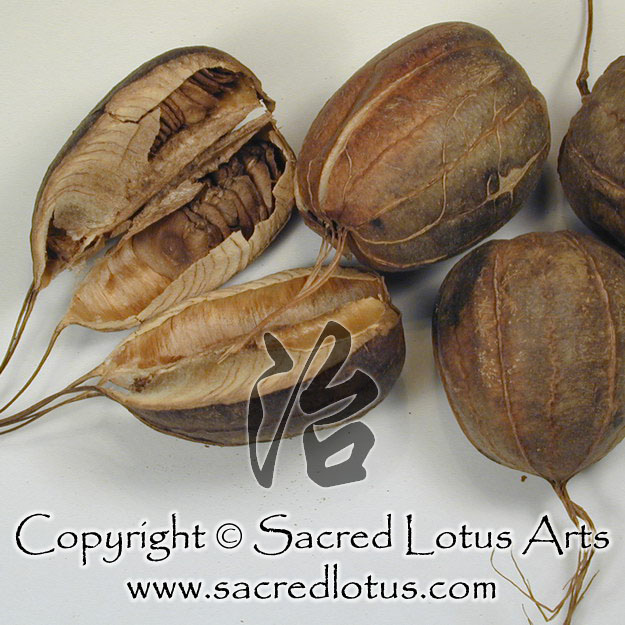Researchers have uncovered widespread evidence of a link between traditional Chinese herbal remedies and liver cancer across Asia, a study said Wednesday.
The findings suggest stronger measures are needed to prevent people from consuming chemicals called aristolochic acids (AA), which are derived from the woody vines of the Aristolochia plant family, said the report in the journal Science Translational Medicine.
The acids can be found in some traditional Chinese medicines that are given during childbirth, to prevent parasites and promote healing.

Researchers tested 98 liver tumors that were stored at hospitals in Taiwan, and found that 78 percent contained mutation patterns that indicated the cancers "were likely due to contact with the chemicals," said the study.
The findings suggest stronger measures are needed to prevent people from consuming chemicals called aristolochic acids (AA), which are derived from the woody vines of the Aristolochia plant family, said the report in the journal Science Translational Medicine.
The acids can be found in some traditional Chinese medicines that are given during childbirth, to prevent parasites and promote healing.

Researchers tested 98 liver tumors that were stored at hospitals in Taiwan, and found that 78 percent contained mutation patterns that indicated the cancers "were likely due to contact with the chemicals," said the study.



